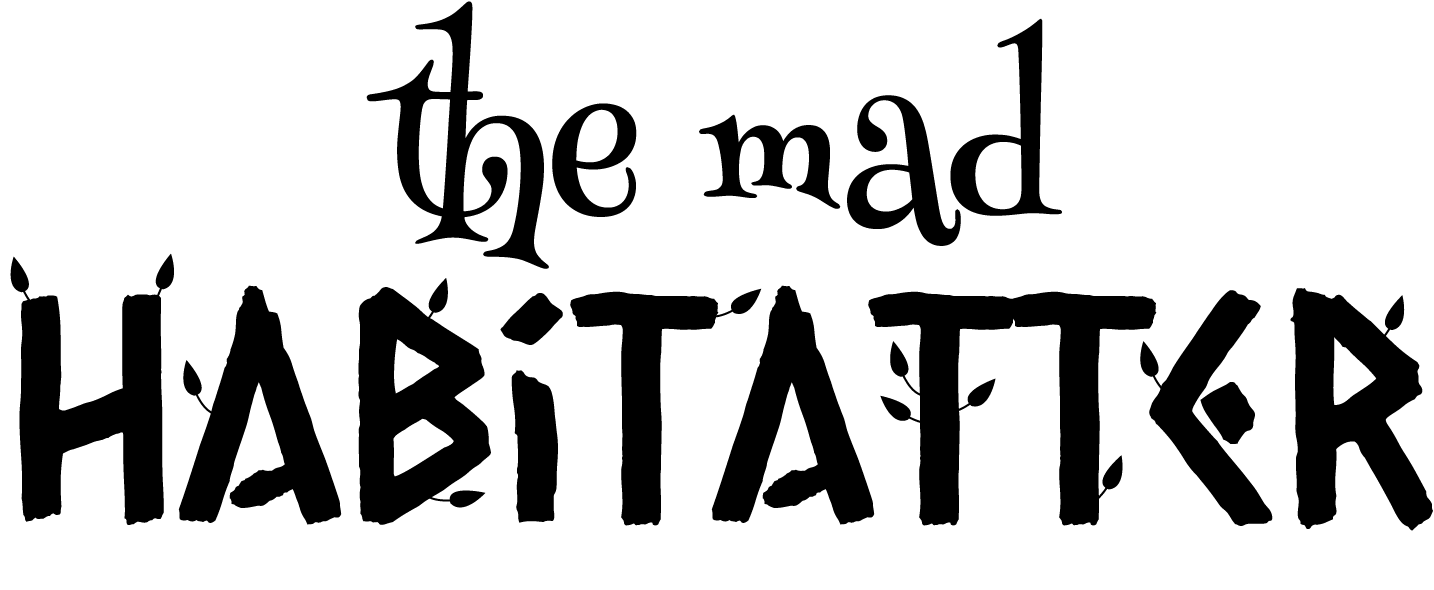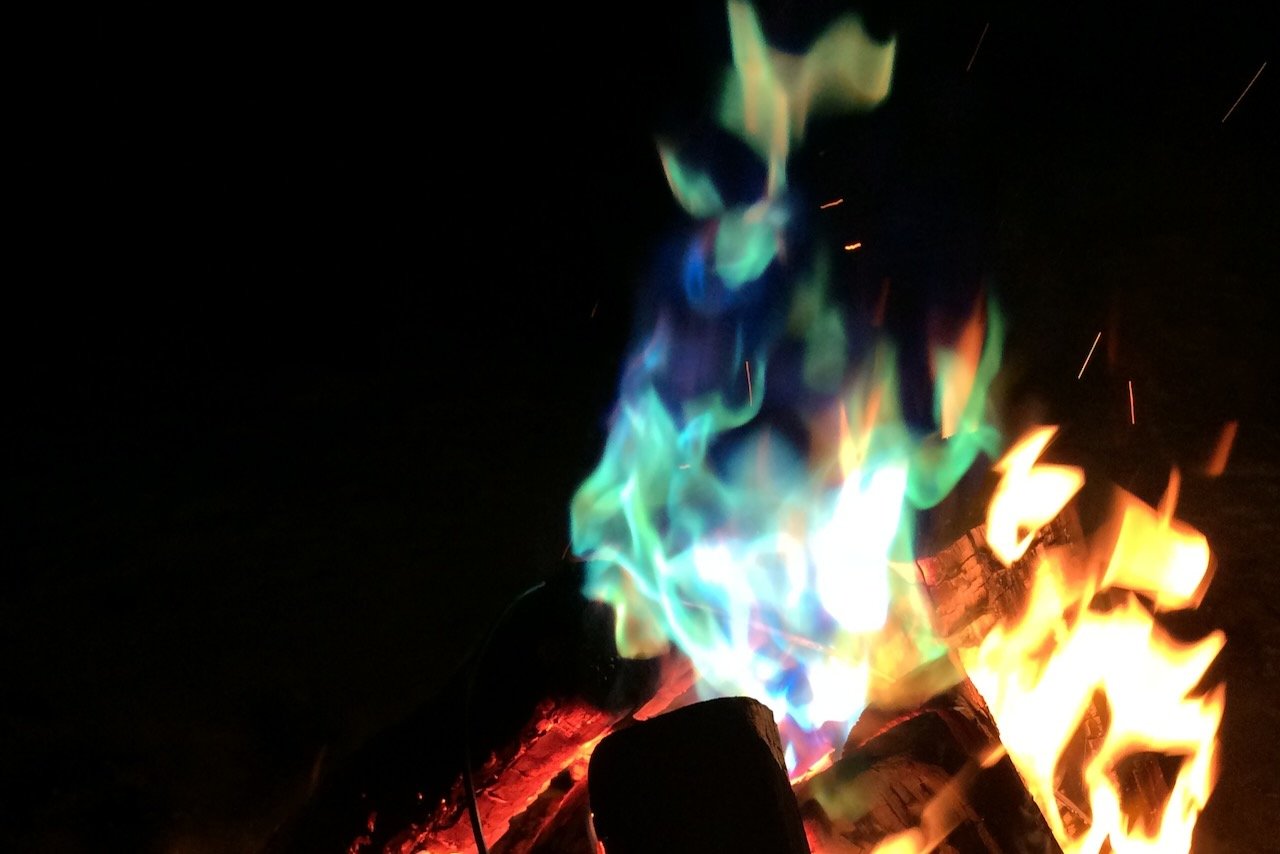The Burning
At the end of the world, the last man sipped a cup of tea. Everyone else had long since vanished in fire and ash. Otherworldly, green flames devoured them all. Many thought the rapture had finally arrived. It took two-thirds of the world’s homo sapiens in a matter of weeks. The Burning, it came to be called. Like some old, dormant curse laid by witches who were burned at the stake centuries before. It very well could have been a curse; a scream of pure terror as the flames licked a blistering face in colonial garb. “May your offspring burn for your sins!” she might’ve shouted. And the sins continued, unabated. Genocide. Slavery. Mass industrialization. Whole, ancient forests laid to waste. The hubris of wanting to draw down the sky, to touch the realm of the angels. The incessant, all-consuming need for more. And then, an invention: a compound designed to fight off a pesticide-resistant insect that ravished crops on almost every continent. Spray the crops, protect the food, save the economy. Planes were fitted with massive tanks of copper-colored dust that coated farmlands worldwide. Cheap. Easy. The locusts quickly desiccated. Problem solved.
Ghosts of a war between economic models long since forgotten walked the Earth again. Solders and peasants — on opposite sides in life — now desperate to warn the living. Forgive them father, they know not what they do. Mostly.
Poisoned, hollow exoskeletons of the locusts covered the land. Easy meals for local birds. Any unfortunate creature who ate the copper-coated snacks all dropped dead in weeks. Fowl and game crashed out of the sky into windows into houses into people. The skies were empty except for mechanical fleets piloted by humans still soaring high above.
Wash the vegetables and scour the fruit, they were told. It’s safe. Simply wash it. Just to be safe. Everything is fine. No one rushed the copper dust, trust us. Everyone washed. Everyone scoured. Everyone ate, still.
The compound, the Saving Green Grace, stayed dormant for a while. It took longer to move through the bodies of most humans than it did through the locusts and the birds. Cancers, though, those increased rapidly. But who was to say where they came from? The stress of the famine that could’ve been much worse, the other poisons leaking into the air and water. It could’ve been anything now that so much had seeped into the world. The cancer deaths were agonizing yet mercifully quick. Dead in two weeks after diagnosis, usually. The tell-tale symptom was a strange copper coating on the tongue. Severe headaches were common, too. Massive, quick-forming brain tumors. The pressure on the skull was unbearable for some. Relief by a shot through the head was the favored treatment by many.
The manufacturers of Saving Green Grace put out an expeditious statement. Correlation does not automatically imply causation. And then The Burning began.
First, it claimed those with the worst symptoms. They began to spontaneously combust into horrible green infernos, saving families everywhere a bullet and a mess of blood and brain matter. Instead, they got ash with bits of bone. It struck thousands of people the first day. The fires often spread to nearby curtains or rugs or wood and burned buildings and then whole blocks down in cities. Some victims even caught fire in the middle of their farms’ fields, converting the crops the world tried to save to dust. News reports spread of green flames consuming people without a spark.
Destabilization spread as fast as the fires. By day five, millions of people a day were succumbing to The Burning. Betrayed by their internal chemistries. By the second week, a billion had been lost. Cities, neighborhoods, communities all ground to a standstill with the world on fire. People tried to meet their fate outside to spare what was left. Plumes of haze and smoke covered the globe.
Those who survived The Burning made makeshift societies that collapsed just as quickly. Nothing they built could survive. The Burning continued. Like any fire, it slowed as it consumed its source of energy. Down to less than a billion, humans were terrified. The smoke that painted the skies carried the compound to every corner of the globe. Even those who lived nowhere near the spraying of the locusts were no longer safe. Something specific in the human body made it particularly susceptible to The Burning. A few monkeys and apes had been scorched alive, but the fires seemed to relish in devouring homo sapiens.
It was only a matter of time. He knew it was coming for him soon; he could find no one else. He just felt he was the last human standing. It was a hollow, empty feeling. One of dread and utter loneliness. Like so many others, he thought about trying to avoid his fate by spending his days in a pool. With a sheer stroke of genius, though, humanity once again stumbled upon the ancient Greek concoction that set fire to water. There would be no escape.
Everything would end with him. The stories, the history, the culture, the gods. It all would come to a grinding halt probably within the hour. He decided to fix himself some tea and wait it out outside. He stepped over still-smoldering corpses on the sidewalk, green embers drifting into the sky above. The smell of roasting flesh and fires filled his nostrils.The subdivision’s trees were either burning or dying a slow death due to the lack of sunlight. It did seem, though, that the worst of the smoke in the sky was over. It was hazy up above, but he could almost make out the faint glow of the sun. Cars were left in the street, his neighbors’ houses had burned to the ground over the last week. Cats and dogs who were former beloved pets roamed wild and listless. All this suffering. His heart had already been shattered to pieces after losing his friends and family to The Burning. He had watched his wife scream and burn just days before. There was nothing he could’ve done. He noticed how numb he was to the lost animals now wandering the lots around him, and he could not process it. A fog enveloped his brain.
An empty spot on the sidewalk called to him as he felt the tightness and warmth in his chest grow. It was time. He grabbed his chest as he collapsed to one knee, and he felt his sacrum burst open. The pain was searing and all-encompassing. He fell to the ground as the green flames roared to life. In his final moments, his throat opened with the last human howls that would ever grace the planet, and he saw a sturdy, old ash tree a few feet away. Its leaves were still verdant green, and it didn’t seem to be affected by the clouds of smoke. The tree had been there long before his subdivision adopted the name Ashley Heights with no connection to the tree. He always wondered how it survived while all the other trees were clear-cut to make room for the oversize houses. He would never know its story of survival.
His face blistered like so many witches. Before his eyes bust, there was a brief moment of peace among the flames: the human story had come to a fiery end, but the trees may yet survive. And there was now inches of carbon for some clever species to turn into food. The fungi would likely start the process first. They would slowly convert all of the corpses into rich loam, and then the trees might take over, their roots reaching down through human insides to get to the good stuff. It would take centuries, but life would still go on. He hoped someone would make good use of The Saving Green Grace in him. Maybe a bright green fungus. That would be fitting.
Even at the end, there is redemption.

